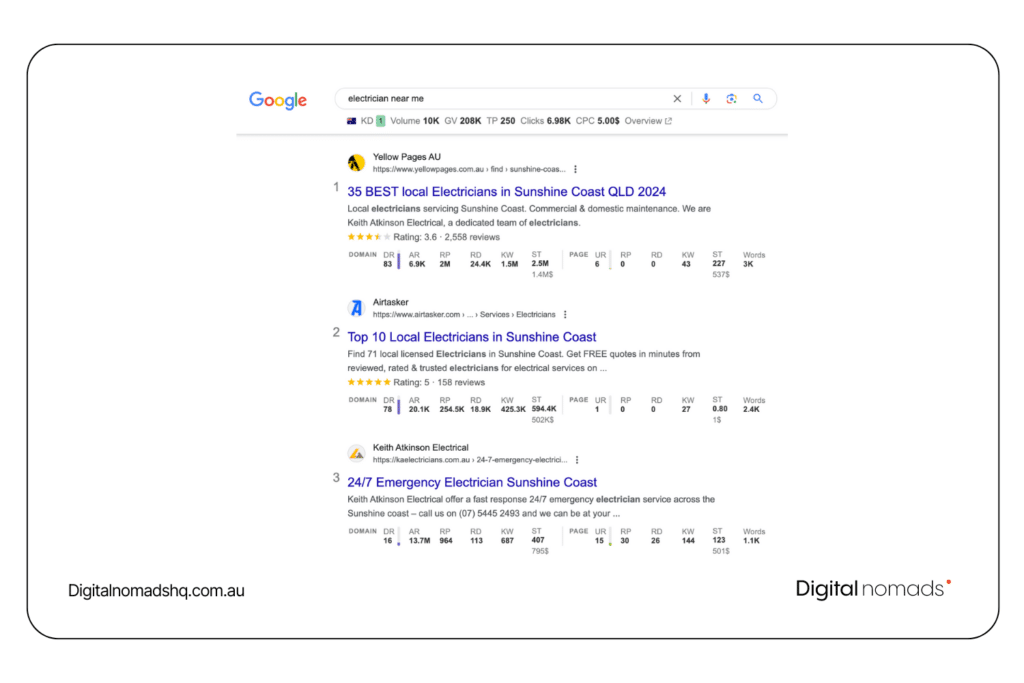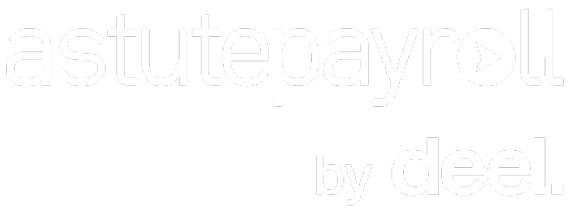What are Search Engine Results Pages (SERPs)?
When you search for something online, what you see on your screen is known as a Search Engine Results Page, or SERP for short. This page is generated by search engines like Google, Bing, or Yahoo in response to your query.
SERPs can be broken into two broad queries:
- Organic: These are unpaid results that naturally appear when a query is searched. These are the results of search engine optimisation (SEO) and are the most common results that appear on a page.
- Inorganic: These are paid results or advertisements. They are easily identified by their “Sponsored Tags” and appear at the top and bottom of a SERP. They are designed to attract a user’s attention.
Originally, organic and inorganic were the only results that would appear on a SERP page. However, as user expectations have evolved, so has Google and the SERPs offer a range of features (rich snippets) like knowledge panels, Featured Snippets, images, shopping results and more.
Let’s look at an example of what a search engine might look like today:

Why Is SERP important for SEO?
When it comes to SEO, websites want to rank on top. It is essential because the Search Engine Results Page (SERP) directly influences your website’s visibility and traffic. While paid results can be quicker, but it costs money! Today, PPC is incredibly competitive, and can get expensive pretty quickly if you don’t know what you’re doing.
However, organic results offer a more affordable and sustainable approach. With some work (and know-how) you can improve your rankings, boost visibility and increase traffic without the ongoing costs of paid ads.
Plus, organic traffic is some of the best traffic, because they only appear to the most relevant users. This means they are more likely to take meaningful action – like make a purchase, fill out a form or download a PDF.
So, How Do You Get Your Website Onto The SERPs
That’s the question! A lot goes into getting your website on the SERPs, and the industry is always changing, so it’s important to stay ahead.
Check out our handy guide to SEO for an overview of the essential strategies and best practices you can implement to improve your website’s ranking.










